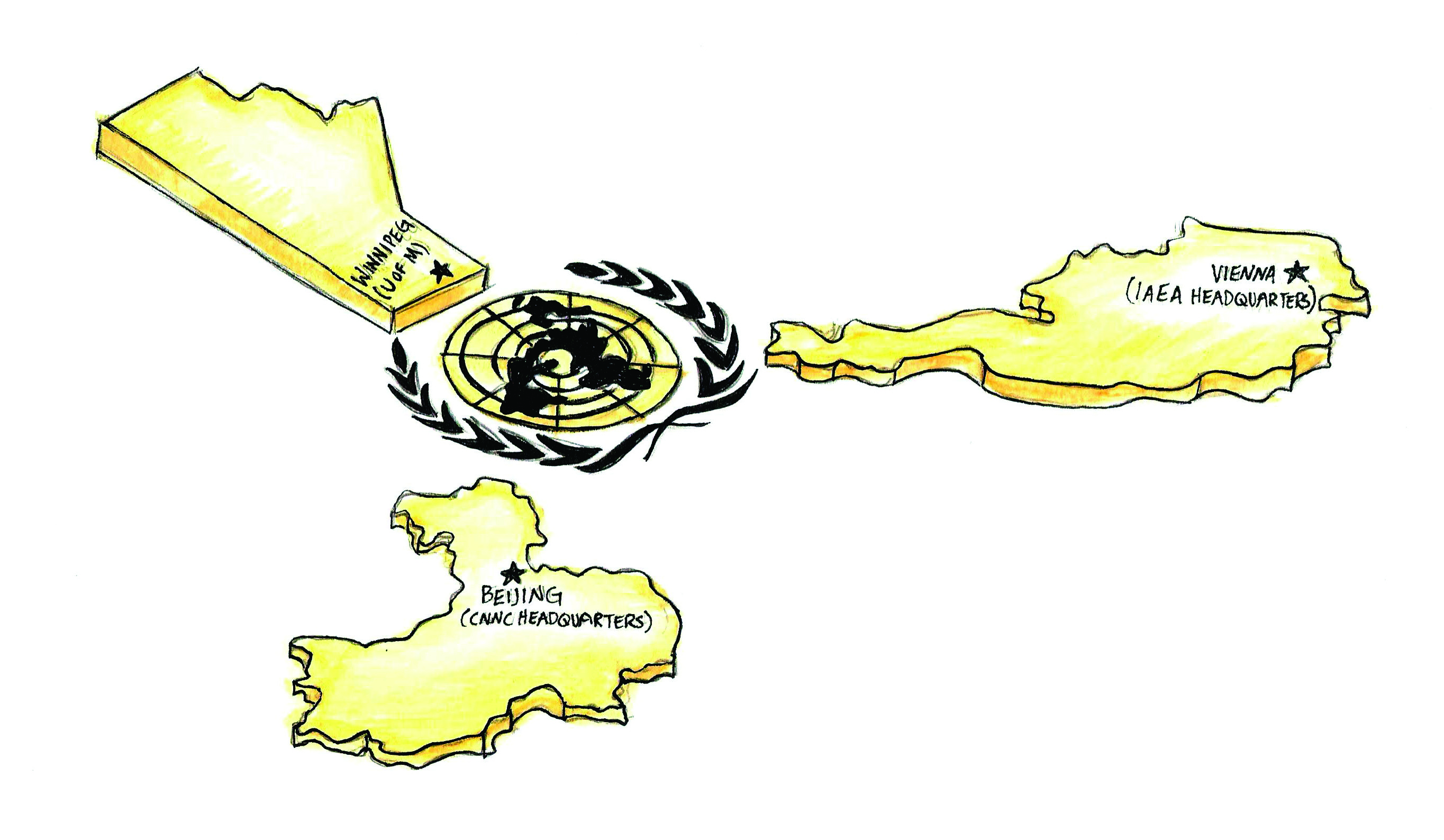Jacob Zuma, the president of South Africa, has always been a controversial figure. Before becoming president he was dogged by allegations of corruption, rape and comments that he made claiming that to prevent HIV/AIDS infection, he had taken a shower after sex. He was also criticized as divisive for, among other things, singing an apartheid-era song at his rallies that translates as “Bring Me My Machine Gun.”
Despite the controversy, Zuma was a highly popular figure amongst South Africa’s poor, black majority. He was seen as a leader who would enable poor South Africans to more fully participate in the country’s economic life and address the economic divides that continue to linger from the apartheid era.
In comparison, his predecessor, Thabo Mbeki, was seen in some circles to have pandered to business interests and to be aloof from the needs of the poor. So popular was Zuma that his supporters brought Mbeki’s political career to an embarrassing end at the African National Congress (ANC)’s annual conference in late 2007 — five months prior to the general election.
So it was with great hopes amongst South Africa’s poor that Zuma was elected in 2009. Since his election, however, he has failed to address the high hopes of his supporters. Similar to Barack Obama, Zuma came to office with an air of high expectations, only to be unable to fulfill the high hopes that were placed upon him. Zuma was left with a broad alliance of supporters to please, many of whom hold differing interests. So, as South Africa comes off its World Cup honeymoon, Zuma has been left trying to satisfy numerous disaffected members of his constituency.
Jacob Zuma’s rise to office was built on connections with several powerful players within the ANC’s alliance, primarily the ANC Youth League and the Congress of South African Trade Unions (COSATU). Both of these groups are now disaffected, however, and have become critical of Zuma’s rule.
The ANC Youth League, led by the controversial and divisive Julius Malema, has expressed frustrations with Zuma’s leadership. Malema’s politics tend to be more radical than Zuma’s, including nationalizing the mining industry and redistributing white-owned land to black South Africans. The Youth League accuses Zuma of forgetting his promises to South Africa’s black poor and argues for significantly more aggressive policies to target black poverty. At a recent ANC conference they were able to get nationalization of mines on the ANC’s agenda, a direct challenge to Zuma’s policies.
Meanwhile, COSATU and another ally — the South African Communist Party — have also been in frequent conflict with the government. This was brought to a head when public servants launched a lengthy strike this fall. The million striking workers brought many government services, including hospitals and schools, to a halt, causing massive disruptions, especially amongst Zuma’s poor support base. According to the South African media, COSATU is sticking with Zuma for the time being, saying that he is still better than his predecessor Mbeki. Yet COSATU’s president, Sdumo Dlamini, was also recently quoted critiquing Zuma’s cabinet for maintaining Mbeki’s “neo-liberal policies.”
While Zuma was pulled to the left by COSATU and the Youth League, he has also been under considerable pressure to maintain Mbeki’s economic policies. The South African business community is concerned that under the pressure of an economic recession, any move to the left would destroy South Africa’s economic growth. And despite the fears of the business community when Zuma was elected, he has largely appeased these interests and maintained the status quo.
Jacob Zuma will not go the polls till 2014, and given the ANC’s electoral dominance of South Africa (in the recent election it won 65 per cent of the vote; the largest opposition party won 16 per cent) it is likely that he will win again. But there will be many challenges along the way for the leader of Africa’s largest economy. He must first convince his core supporters, those that believed that he was their ear in government, that he can deliver results for poor South Africans.
Stefan Epp is a research associate at the University of Manitoba.



